Who should be the first to say hello according to the rules of etiquette?

A social society, no matter how multi-layered it may be, cannot be imagined without certain norms of behavior. These rules primarily relate to the culture of speech: in order to get along with people, avoid conflicts and move confidently through life, you need to know the important basics of etiquette. Knowing who should be the first to say hello, how to say goodbye and thank you correctly, gives a person great advantages and opportunities.

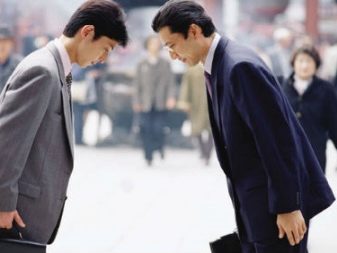
The meaning of generally accepted rules
The correct greeting is important in all respects, first of all, it is an indicator of a good upbringing and education of a person.
Disregard for others, inattention and rudeness are unacceptable in relations between people.
Despite the fact that etiquette is, in fact, a series of conventions, they are extremely important, because by demonstrating your respect, you can receive friendly participation and even help in return. Being polite in any situation is normal for someone who respects his own dignity and appreciates it in others.

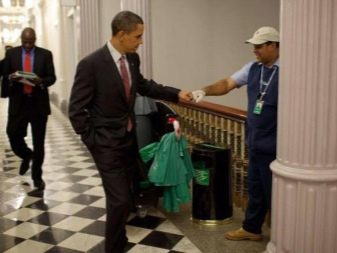
The greeting can be different, it has its own nuances depending on the case, so there are several options for it:
- friendly;
- secular;
- business;
- non-standard.
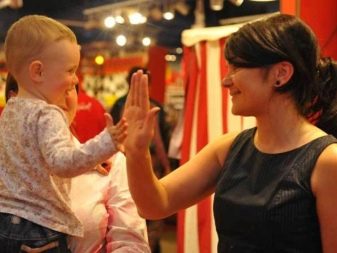
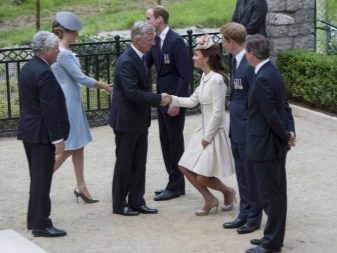


Every day life presents many situations, and in any of them a person must behave with dignity. Unlike the former secular etiquette, whose norms of behavior were extremely strict, in modern everyday life there are no clear boundaries for such rules, and some deviations and exceptions are allowed.
Nevertheless, it is important to know and observe them for your own good, because due to antisocial behavior, you can easily disrupt normal relationships in any area of your life, making it unbearable.

business greetings rules
In their professional activities, people have to communicate a lot, and the environment and the state of their career very often depend on the quality of this communication. Compliance with speech culture is also important for maintaining the image of the enterprise where they work. At the same time, each company has its own established norms of behavior and procedures.

However, no one has canceled the generally accepted rules:
- in the office, the first person to greet should be the one who saw his colleague first, of course, if both of them are in positions of equal position;
- if there is a meeting between the boss and the subordinate, the latter, no matter whether it is a man or a woman, is the first to greet his boss;
- in cases where the head enters the room with subordinates, he is obliged to greet everyone first.


At work, the basics of etiquette are just as important as in everyday life, but are carried out taking into account subordination and respect for the position. This fact also determines the amendments regarding women - at the boss's job, a woman should greet first and get up. However, there are many worthy leaders who do not allow this, and are the first to greet women in their subordinates, as well as respected older employees.


A handshake in business is always offered by a senior in position. During performances, when the first acquaintance takes place - with a partner or a new employee, the hand is always given by the one to whom these people are introduced. At the same time, everyone participating in the greeting introduces themselves by name, patronymic and position.
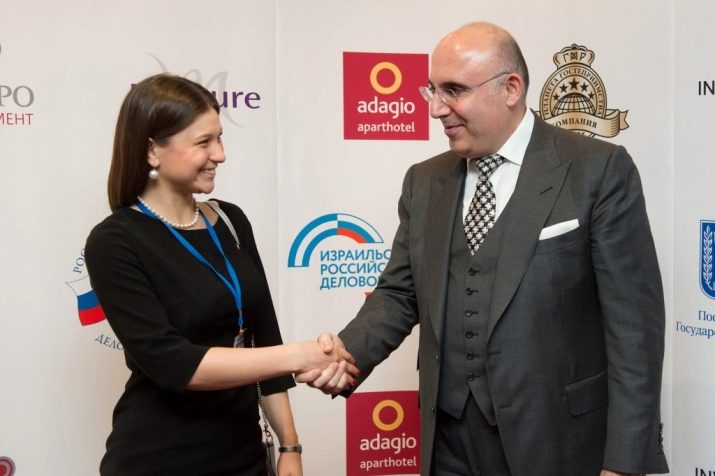
It is not worth giving a hand through the threshold, above the head of the person sitting next to him, the second hand should not be behind the back or in the pocket - this is bad manners. It is undesirable in the professional field and a handshake involving both hands is rather suitable for close people, friends.


Greetings in a secular society
Nowadays, there are no rigidly established requirements for how to greet according to etiquette. Any situation implies its own characteristics, and elementary politeness plays an important role in it:
- According to the general rules, peers in age can greet at the same time, while the younger, according to the rules, is obliged to do it first, and the older one to initiate the handshake. But in different social circles this provision is often ignored.
- Regarding the girl and the guy, the representative of the stronger sex should be the first to greet, but the woman can give him a hand to greet. The exception is the situation when a man is much older than his friend, then it is quite logical that she should show respect.
- If there is a meeting of two couples, then at first the women turn to each other with a greeting, the men also show their respect to them and only then greet each other.If this happened on the street in cold weather, it is important to show your affection for acquaintances by removing mittens or gloves. This is a gesture of goodwill that shows the degree of trust and goodwill.
After a friendly greeting, people have the opportunity to start a conversation, get the necessary information, and exchange news.



Politeness in other cases
A number of other life situations also provide for a benevolent attitude between members of society.
When communicating between a buyer and a seller, there are some peculiarities:
- at the entrance to the store, you must greet the seller, this is a sign of good taste;
- according to the rules, the one who needs help or some kind of service should show respect first, and this is quite natural.
But this is only one side of the issue - for ethical, and sometimes mercantile reasons, the sellers who offer their services and assistance in choosing are the first to greet.


Teachers whose professional activities are related to public speaking always greet their audience first, whether it be a small class or a large hall with students. The specifics of the work often leads to some changes in the codes of etiquette. The same students who met their teacher on the street should be the first to express their good attitude towards him.


There are other rules:
- as for drivers: sitting in a car, they should be the first to greet a person passing by;
- walking past a standing friend, the first shows his respect;
- those who are late for a meeting are also required to be the first to greet their friends, and at the same time apologize.



Regarding neighbors, even those who are not well acquainted, you should always be the first to greet them, because these are people who live nearby, and therefore are part of our life.

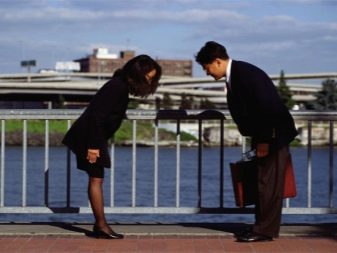
How to behave at a party?
A visit to friends is usually associated with new meetings and acquaintances, and sometimes a person has to communicate with people of different sex and age. This is where the rules of conduct at a party are built.
At the entrance to the house, you must pay respect to the hostess, only then you can greet the rest of those present, first of all - with the ladies. The greeting can be common to everyone - in the form of a slight bow or a nod of the head. If you smile at the same time, this will be quite enough to create an atmosphere conducive to positive communication.

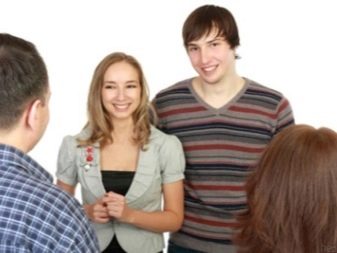
If two friends meet in a company, then one is obliged to represent the other to those with whom he wants to make acquaintance. But for this, you must first apologize to others, and only after that greet a friend and exchange two or three words with him.
It is unpleasant for those present, especially those who do not know each other well, when they do not participate in a general conversation. To ensure that guests do not feel abandoned, everyone should be given at least a little attention, but this is mainly the prerogative of the hostess.


When shaking hands, it is correct to give a hand to all representatives of the strong half - it is unacceptable to show such favor only to your friends and acquaintances, for others it may look insulting.
There is another important rule - if a guest comes to one of the household members, the whole family should meet him. Farewell to a departing friend should also take place in the presence of all family members.


How to say hello correctly?
A greeting addressed to a person is not only words, at this moment everything is important in relation to the greeting person:
Emotions can be expressed or muffled, but always positive - let it be a smile, even a slight, barely noticeable one.
The intonation of the voice is able to fully convey the feelings of a person, and dry words can be perceived with disappointment and resentment. A rough tone is generally unacceptable while respecting etiquette.
While expressing your joy about the meeting, it is not necessary to gesticulate a lot, it is considered indecent, but you can shake hands, hug a friend in a friendly way, or smile at a lady.


It matters how you give and shake hands. Psychologists say that with this sign of approval and respect, it is important to maintain a medium distance. The grip should be strong and confident, but not squeezing, and the hands should be dry and open.
You can not give your hand with your palm down or up - this demonstrates superiority or submission. Even when greeting while sitting, during this gesture it is necessary to rise, and three wiggles are enough to leave a positive impression of yourself.
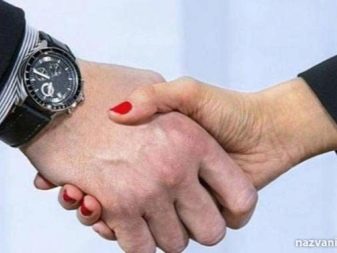

An intelligent, well-mannered person, even regardless of his obvious advantages, consisting in a leadership position or a respectable age, always greets first. Thus, he shows that he respects all the people around him, their individual worldviews and priorities.
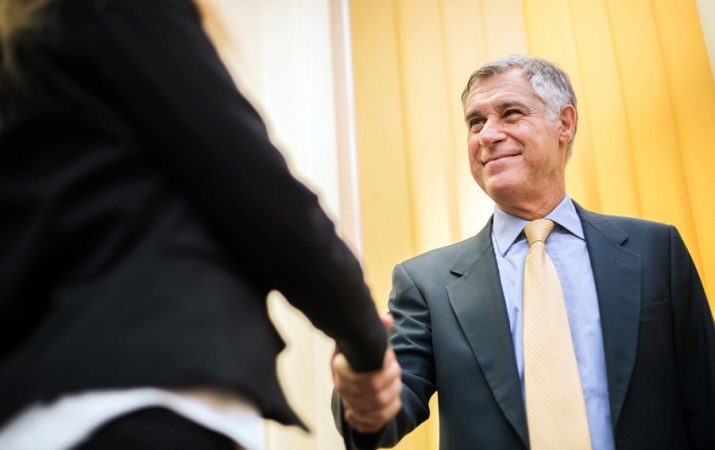
See the basic rules of etiquette and proper greetings below.




























